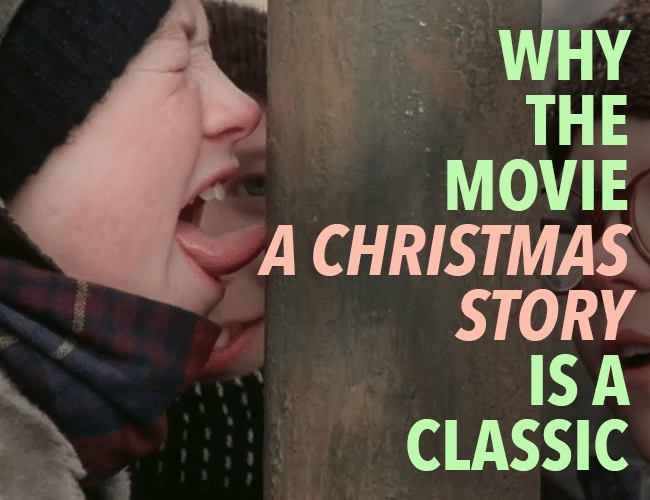
by Joe Bunting |
Have you ever been channel surfing this time of year, turned to that quintessential holiday movie A Christmas Story, and found yourself unable to change the channel? Why is A Christmas Story a classic? And what can writers learn from the movie?

by Liz Bureman |
I have a soft spot for British humor. I believe this stems from my first viewing of Monty Python and the Holy Grail in high school. One of the first scenes after the knights receive their commission from God involves King Arthur and his knights trying to get into a French-controlled castle where they believe the Grail is being held. They attempt to talk their way in, but are met with strong verbal rebuffs from the sentry. Insults are hurled from the top of the gate, and the Knights of the Round Table make a hasty retreat after their egos have been sufficiently bruised.
The Frenchman’s barrage of creative insults is an example of what is known as invective.

by Liz Bureman |
With 2014 on the other side of the sunset, I wanted to write something relevant to the changing of time, the promise of a new year, the symbolism of a new year meaning a new start.
And then I saw that there exists something called a “spoonerism” in writing, and all my previous ideas immediately went out my ear.
by Joe Bunting |
I was going to try to tie the election into today’s post, but after twelve out of fourteen ads during Jeopardy were campaign ads, I realized that I have no desire to give either of the candidates that satisfaction. Just make sure you go vote today.
And now, on to more important things, like bathos.
by Joe Bunting |
I have this friend named Mike who happens to be a great guy with one major pitfall.
Without fail, every time Mike says something which he intends to be funny he has to follow it up by explaining to his quiet, confused audience that it was actually a joke.
Note: If you have to tell your audience when to laugh, you’re not doing it right.
by Joe Bunting |
Being funny just seems to come naturally to some people.
We all know the class clowns, office jokers, and court jesters that make us laugh.
We know our favorite TV sitcoms and comedies that crack us up.
And we serious writers may be thinking to ourselves, “I could never be that funny. I could never be that clever.” And maybe we’re right.
But what if we could be funny in our own way? What would it take to find our own humor voices?





